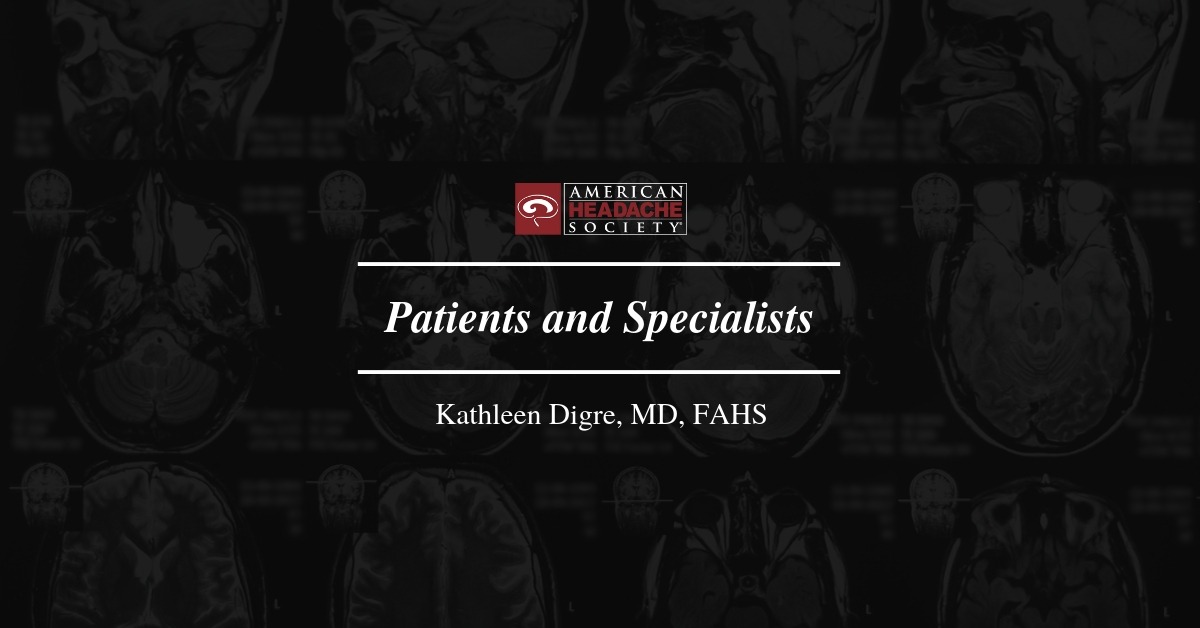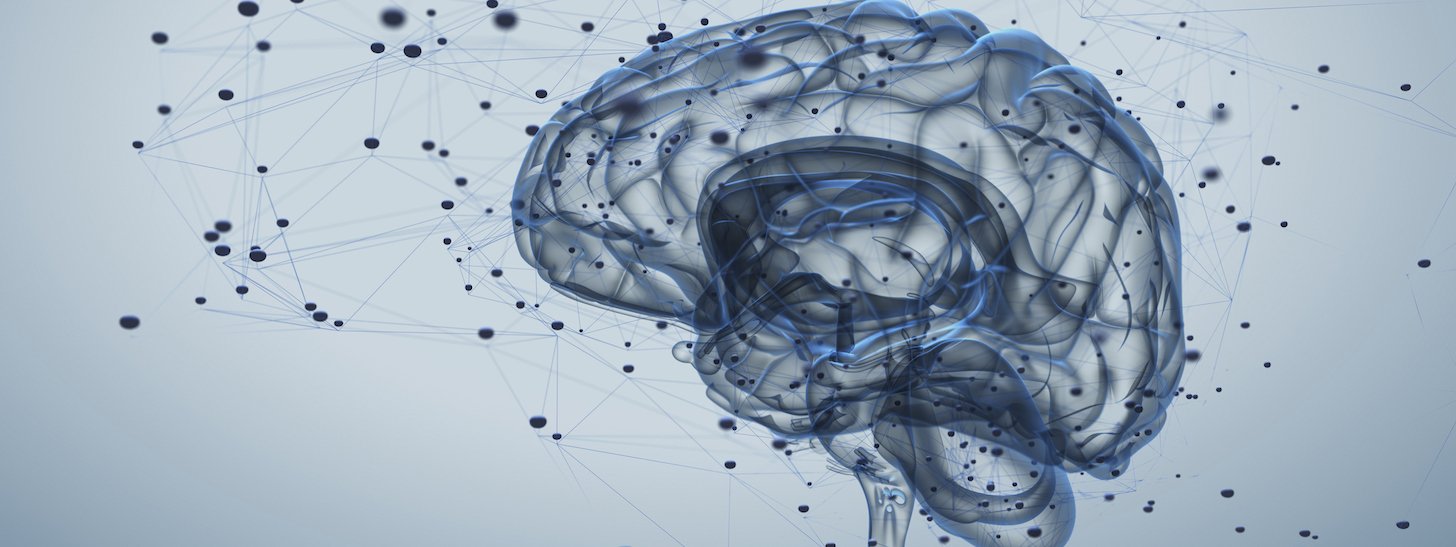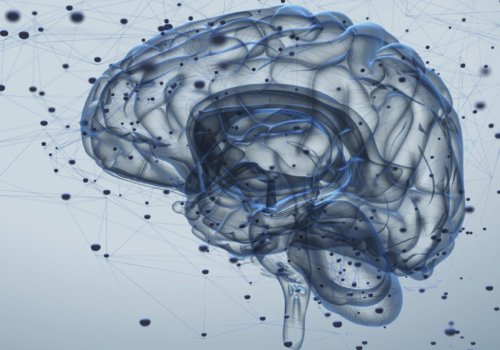
The Value of a Headache Specialist
AHS President Kathleen Digre, MD, FAHS, shares her insights on the current state of headache medicine.
The field of headache medicine has made huge strides in the past decade, in terms of research and awareness. As we continue to improve treatments for head pain disorders, there is an ever-increasing responsibility for patient advocacy. Kathleen Digre, MD, FAHS, Director of the Division of Headache and Neuro-ophthalmology in the Department of Neurology at the University of Utah and President of the American Headache Society as of June 1st, recognizes that need. She believes that through knowledge shares and support, headache specialists can help their patients have a better quality of life. In a recent interview with the American Headache Society, Dr. Digre discussed how she got her start in headache medicine and the important role headache specialists play in the lives of their patients.

Why did you get into headache medicine?
Well, I am a neuro-ophthalmologist. I completed my neuro-ophthalmology fellowship at the University of Iowa. During that fellowship, I was able to treat headache medicine as well because my mentor in neuro-ophthalmology also treated headache. At that time, there wasn’t a lot we could do. But I thought, “Wow, is this a frontier field that we really don’t have a lot of information about.” I knew I would never get bored studying headache medicine, and I have yet to after 31 years of practice. I believe that this is a blossoming field, with more science and more medications developing constantly.
Another reason I got into headache medicine is because I felt that I could actually make people better. People can get better. In my practice, I see a lot of neuro-ophthalmology that has migraine underpinnings. But I also see migraine with a lot of neuro-ophthalmology. So every day, I’m stimulated by migraine and seeing patients and trying to explicate the symptoms and understand what their scientific underpinning is. I work in the field of headache medicine because I want to make people better, and that is something you can do in this field.
How would you define the title “headache specialist”?
Many years ago, there was no such thing as a UCNS-certified headache specialist. It was just people who were interested in headache. They self defined themselves as headache specialists. Many neurologists treat headache often, but they’re not necessarily headache specialists. They may see patients with headache and be able to rule out a secondary diagnosis. But, unless they are really interested in headache, they may not be up on all of the latest treatments, medications and devices for people with headache.
What are some of the challenges people with migraine face when it comes to finding a headache specialist?
Unfortunately, we don’t have enough headache specialists to go around in this country. With over 36 million patients with migraine in America, and about 1,500 to 2,000 headache providers that are either UCNS-certified or have an active interest in headache, there are just not enough. That’s why I would say the biggest obstacle is just finding one.
Do you think that the long wait times frequently experienced by patients with migraine cause them to forgo making an appointment?
I think when people have to wait a long time, they get frustrated and either they go find somebody else or they make do. But I also think that there are a lot of wonderful educational resources. I would encourage every person living with headache to do as much as they can to educate themselves, because the more you know, the better you do. Now, if you go to vetted websites like the American Migraine Foundation for lots of information, you can access information on the principles of taking care of your headache; like sleeping well every night, eating well every day, staying hydrated and exercising every day. There are a lot of healthy living tips that we know can help prevent headache. So, while you’re waiting, those are some easy things to be doing on your own. The more you know before you go to your appointment, the better; because then you’re going to know what questions to ask the specialist or your provider.
Is there anything else you’d like to add on the field of headache medicine?
We’ve never been at such a frontier of understanding migraine, cluster and other headache disorders as a biological brain problem. That gives me hope that we’ll start to understand the underpinnings of it. We’re doing more research, we have more tools, we have more medications. We have more devices. We have more treatments. We’re also understanding how important forming a therapeutic relationship with a patient is, and how living a very balanced life can help. Patients are seeing improvements when they get enough sleep, eat well, sleep well and are hydrating properly.I think we’re learning that these lifestyle adjustments are just as important as any medication that you get from different providers.
Kathleen Digre, MD, FAHS, is President of the American Headache Society, a professional society for doctors and other health care workers who specialize in studying and treating headache and migraine. The Society’s objectives are to promote the exchange of information and ideas concerning the causes and treatments of headache and related painful disorders, and to share and advance the work of its members. Learn more about the American Headache Society’s work and find out how you can become a member today.


